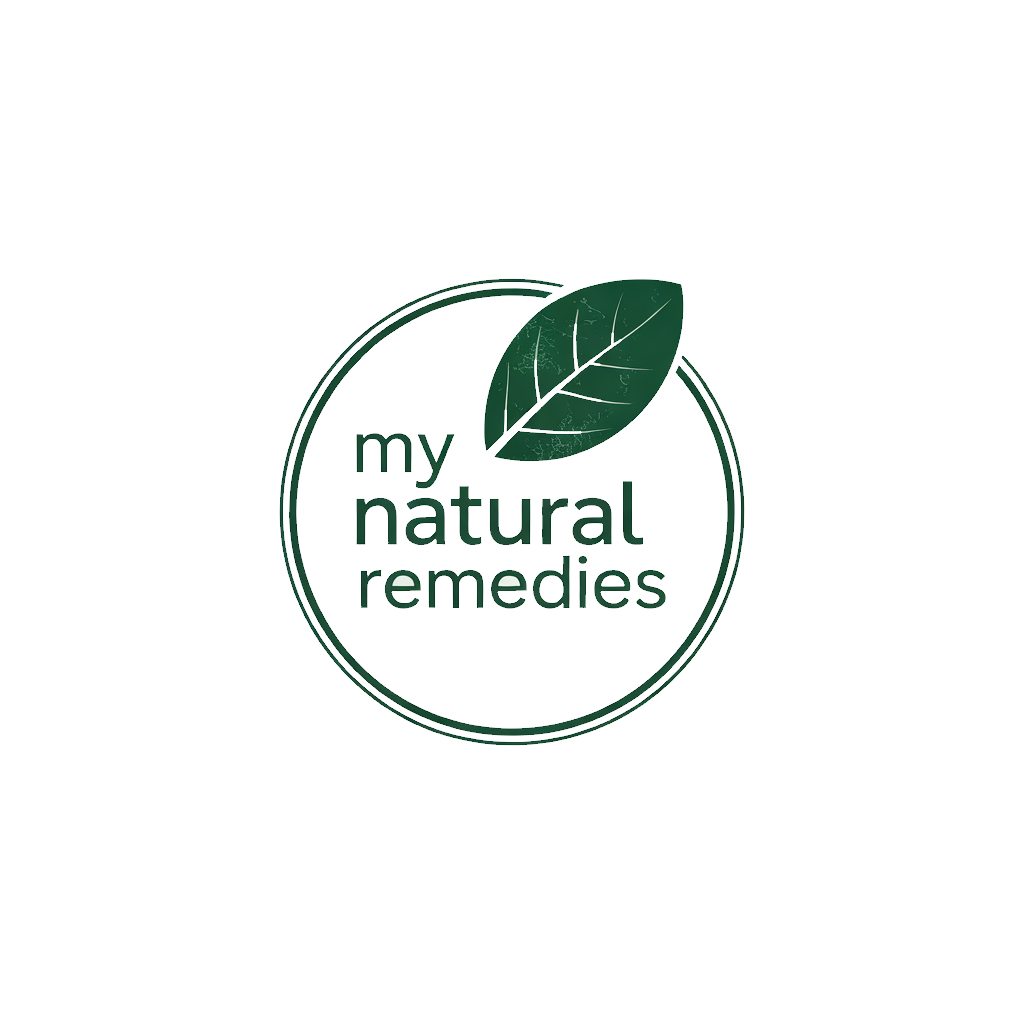Say Goodbye to Coughs- 8 Effective Remedies for Adults!
You can effectively combat coughs with these proven natural remedies. Start with two tablespoons of honey before bed, sip on ginger-turmeric tea throughout the day, and try salt water gargling to soothe your throat. Steam therapy with essential oils, proper hydration, and herbal solutions like thyme tea provide additional relief. Don’t forget to elevate your head while sleeping and maintain optimal humidity. These eight powerful remedies hold the key to your respiratory wellness.
Natural Honey: The Sweet Solution for Persistent Coughs
While many people reach for over-the-counter medications to treat their coughs, natural honey has proven to be an effective and accessible remedy. You’ll find that two tablespoons of honey before bedtime can significantly reduce nighttime coughing and improve sleep quality.
It’s one of the most reliable cough remedies for adults that you can easily incorporate into your daily routine. Honey’s natural antimicrobial properties help fight infections while its thick consistency creates a protective coating in your throat.
You can enhance its effectiveness by mixing it with warm water or herbal tea. If you’re looking for maximum benefits, opt for raw, unprocessed honey, which retains more of its natural healing compounds. Additionally, combining honey with ginger tea infusion can provide extra soothing benefits for your throat.
For best results, you’ll want to take honey consistently when experiencing cough symptoms. It’s a safe, natural alternative that’s been trusted by generations of home healers and is now backed by modern scientific research.
Steam Therapy and Essential Oil Inhalation
Steam therapy offers quick relief for congested airways and stubborn coughs. When you breathe in warm, moist air, it helps loosen thick mucus and reduces inflammation in your respiratory tract.
You’ll find it especially soothing for dry, irritated throats that trigger those nagging coughs.
To enhance your steam therapy session, try adding essential oils known for their respiratory benefits. Eucalyptus, peppermint, and tea tree oils are your best allies, as they contain natural compounds that help fight infection and clear congestion.
Simply add 3-5 drops to a bowl of steaming water, drape a towel over your head, and breathe deeply for 5-10 minutes. Steam therapy aids the body’s natural healing process, making it a gentle and effective alternative to over-the-counter medications.
You can also create this healing environment in your bathroom by running a hot shower. Many of us find that evening steam sessions, combined with calming lavender oil, not only ease coughing but also promote better sleep – something you’ll definitely appreciate when dealing with a persistent cough.
Ginger and Turmeric Tea: Ancient Healing Remedies
For centuries, ginger and turmeric have proven themselves as powerful natural remedies for persistent coughs and respiratory issues. These ancient healing roots contain compounds that fight inflammation and boost your immune system, making them perfect allies in your battle against coughs.
To make this healing tea, you’ll need to combine one thumb-sized piece of fresh ginger and half a teaspoon of turmeric powder in two cups of hot water. Let it steep for 10 minutes, then add a squeeze of lemon and a teaspoon of honey for extra therapeutic benefits. You can drink this soothing blend 2-3 times daily.
The curcumin in turmeric reduces throat inflammation, while gingerols in ginger help suppress cough reflexes and clear congestion. Together, they create a warming, comforting drink that’ll help you breathe easier and recover faster.
Additionally, these ingredients have antimicrobial properties that can further enhance your immune system’s ability to fight off infections. Plus, you’ll be joining countless others who’ve trusted these traditional remedies for generations.
Salt Water Gargling: A Simple Yet Effective Treatment
Another time-tested home remedy that stands alongside ginger and turmeric is salt water gargling. You’ll find this simple solution particularly effective for soothing throat irritation and reducing cough intensity. Just mix 1/2 teaspoon of salt in a glass of warm water, and you’re ready to start gargling.
| Benefits | Best Times to Gargle | Duration |
|---|---|---|
| Reduces inflammation | Morning after waking | 30 seconds |
| Kills bacteria | Before bedtime | 20 seconds |
| Breaks up mucus | After meals | 15 seconds |
For best results, tilt your head back and gargle deeply, allowing the solution to reach the back of your throat. Don’t swallow the mixture – instead, spit it out after each gargle. You can safely repeat this process 3-4 times daily when you’re dealing with a persistent cough. Like many in our community who’ve tried this remedy, you’ll likely notice improvement within a day or two. Additionally, honey’s antibacterial properties can complement this remedy for even greater relief.
Stay Hydrated: The Power of Fluids in Cough Relief
While fighting a stubborn cough, maintaining proper hydration plays a crucial role in your recovery. When you’re battling a cough, your body works overtime to heal, and staying hydrated helps thin out mucus, making it easier to expel irritants from your airways.
You’ll want to drink at least 8-10 glasses of water daily, but don’t limit yourself to plain water. Warm liquids like herbal teas, especially those with honey and ginger, can soothe your irritated throat while keeping you hydrated.
Broths and clear soups are excellent choices too – they provide both hydration and essential nutrients your body needs to fight off infection. Incorporating Vitamin C-rich foods into your diet can further strengthen your immune response.
Remember to avoid dehydrating beverages like alcohol and caffeine. Instead, opt for hydrating alternatives such as coconut water, fresh fruit juices, or warm lemon water.
You’re not just drinking fluids; you’re giving your body the support it needs to heal faster.
Herbal Solutions: Thyme, Marshmallow Root, and Licorice
Natural herbal remedies have stood the test of time in treating persistent coughs, with thyme, marshmallow root, and licorice root leading the way.
You’ll find these powerful herbs in many traditional medicine cabinets, and they’re gaining recognition in modern wellness circles too.
-
Steep fresh thyme leaves in hot water for 10 minutes to create a soothing tea that helps relax your throat muscles and reduce coughing spasms.
-
Mix marshmallow root powder into warm water or juice to form a protective coating that soothes irritated throat tissue and calms dry coughs.
-
Sip on licorice root tea to benefit from its natural expectorant properties, helping clear mucus from your airways.
-
Combine all three herbs in a therapeutic blend by adding one teaspoon of each to boiling water for a potent cough-fighting remedy.
You can find these herbs at your local health food store or trusted online retailers. Additionally, incorporating honey and lemon mix into your remedies may enhance throat soothing effects and provide immune support.
Proper Sleep Position and Humidity Control
Since quality sleep plays a vital role in recovery from coughs, your sleeping position and bedroom humidity levels can significantly impact your healing process.
When you’re dealing with a cough, try sleeping with your head elevated at a 30-45 degree angle using extra pillows or by raising the head of your bed. This position helps prevent postnasal drip and reduces nighttime coughing.
You’ll also want to maintain optimal humidity in your bedroom. Dry air can irritate your airways and worsen your cough, while excess moisture may promote mold growth. Maintaining a humidity level between 30-50% ensures comfort and supports better breathing.
Keep your room’s humidity level between 40-50% using a humidifier. If you don’t have one, place a bowl of water near your radiator or use a damp towel. Remember to clean your humidifier regularly to prevent bacteria buildup.
During winter months, when indoor heating can dry out the air, maintaining proper humidity becomes even more crucial for your respiratory comfort.
Dietary Changes and Supplements for Cough Management
Making strategic dietary changes can significantly improve your cough symptoms and speed up recovery. When you’re dealing with a persistent cough, what you eat and drink plays a crucial role in your healing process.
You’ll want to focus on foods and supplements that boost your immune system while soothing your irritated throat.
-
Start your day with a warm cup of honey-ginger tea – the honey coats your throat while ginger’s natural anti-inflammatory properties reduce irritation.
-
Load up on vitamin C-rich foods like citrus fruits, berries, and leafy greens to strengthen your immune response.
-
Incorporate immune-boosting supplements such as zinc lozenges and elderberry syrup, which can reduce cough duration.
-
Stay hydrated with clear broths and herbal teas that contain thyme or marshmallow root, known for their expectorant properties.
Remember to avoid dairy products and sugary foods that can increase mucus production and worsen your cough symptoms.
Frequently Asked Questions
How Long Should I Wait Before Seeing a Doctor for My Cough?
You should see a doctor if your cough persists beyond 3 weeks, gets worse, or comes with fever, chest pain, trouble breathing, or blood in mucus.
Can Over-The-Counter Cough Medicines Be Combined With Natural Remedies?
You can combine OTC cough medicines with natural remedies, but it’s best to check with your pharmacist first. Some combinations might interact or cause unwanted side effects.
Are These Remedies Safe During Pregnancy?
You’ll need to check with your doctor before trying any remedies during pregnancy. While some natural options are safe, others can pose risks to you and your baby.
What Types of Coughs Indicate a More Serious Underlying Condition?
You’ll want to call your doctor if your cough is accompanied by blood, chest pain, breathing difficulty, fever over 101°F, or persists longer than three weeks.
Can Children Use the Same Cough Remedies as Adults?
You shouldn’t give adult cough remedies to children. Their bodies are different, and they need age-appropriate treatments. Always check with your pediatrician for safe options for your little ones.





